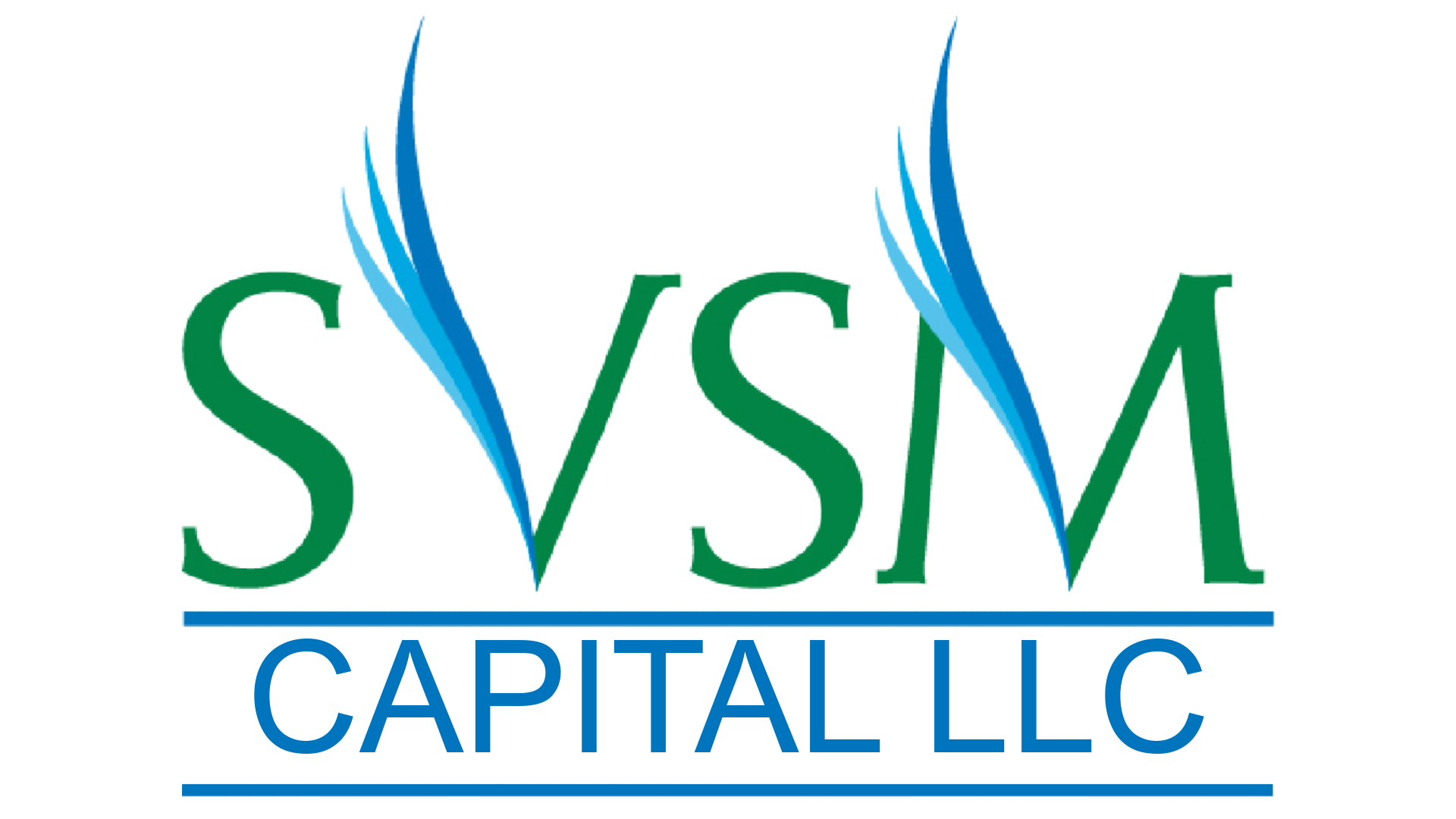What is Private Mortgage Lending?
Private lending is an appealing option for both lenders and borrowers. Investors looking for alternative financing sources can benefit from a faster approval procedure and more funding options. Lenders have opportunities to earn above average returns on their investments. Private lending, for both the lender and borrower, is an attractive strategy for building wealth.
Private mortgage lending is a process in which a private individual loans personal funds – cash, IRA funds, etc – to an investor. The private lender and investor may construct the deal in any manner they agree upon. Such loans can provide above average returns for the lender and it is backed by a hard asset – real estate.
Private mortgages offer numerous benefits to both investors and borrowers. Investors can earn significantly higher returns than those offered by traditional banks and other investments, again with the security of an asset as collateral. Private mortgages may be structured in various ways and with any terms that the lender and borrower agree upon.
A private lender should view himself as “the bank” and perform adequate due diligence on his borrower and the investment. Working with SVSM Capital LLC provides a lender with many years of experience in the world of real estate investing.
The terms of these loans may be short-term – six months to two years, or long-term – two to fifteen years. Private mortgages usually have a loan-to-value (LTV) of 60% to 75% and interest rates ranging from 5% to 10%.
The purpose of the 60% to 75% LTV is to provide equity in the event a deal does not go as planned. A private lender should always conduct reasonable due diligence on the borrower and the property.
Private mortgages can take on a variety of different forms. Short-term loans will often have interest only payments, where long-term loans will most likely be amortized. The lender and borrower may agree on any terms they wish, including deferred payments. There are also opportunities for equity participation upon sale of the property, ensuring that the private investor not only earns interest during the term of the loan, but also reaps the benefits of future appreciation.
Generally, different property types need different loan-to-value ratios. For example, private lenders often require a 50% LTV on undeveloped land, a 65% LTV on commercial property, and a 70-75% LTV on single and multi-family properties. In general, a lower LTV on a property equates to less risk.
Borrowers with an amortized private mortgage will build equity by making payments and are potentially able to refinance the mortgage with a traditional lending institution at a lower interest rate.
A lender considering this investment strategy should perform due diligence prior to making an investment. Any investment involves risk, and investing in mortgages should be carefully considered, just as an investment in a stock or other investment vehicle.

